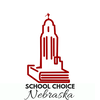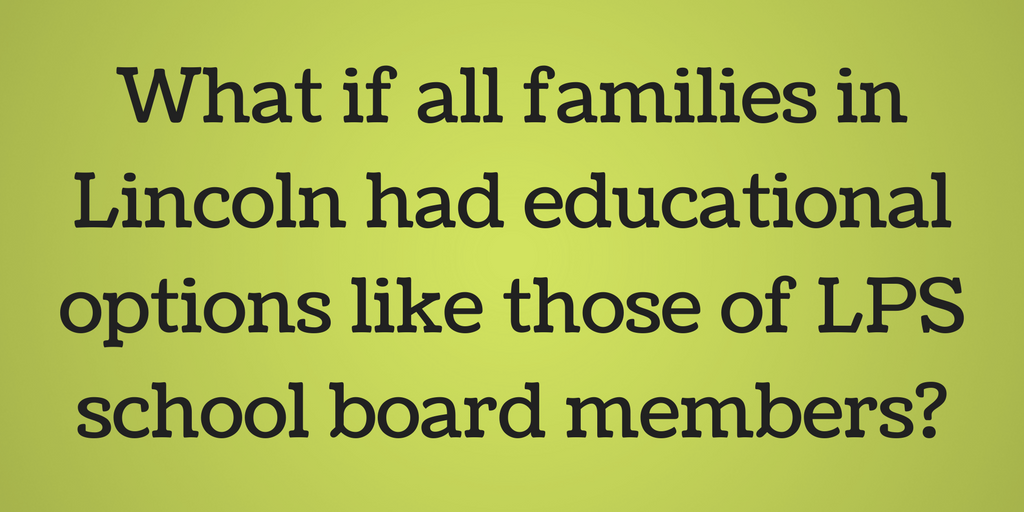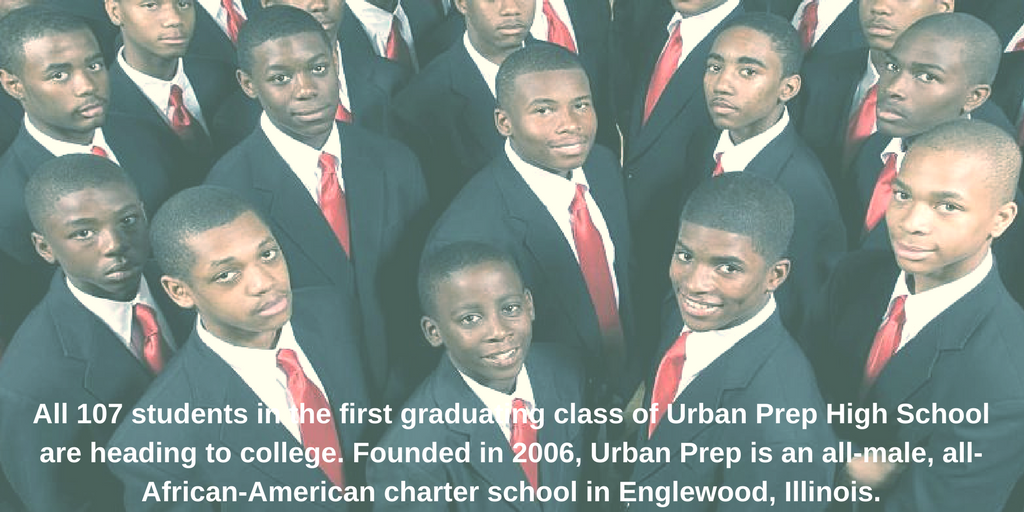|
When LPS school board member Connie Duncan was raising her children, she did what all good parents do: she sought out the best education for her children, understanding that her children had individual needs and goals. Margaret Reist wrote the following for the Lincoln Journal Star:
"Her boys attended Sheridan Elementary, then Lincoln Lutheran for junior high. One of them transferred to East for high school, playing baseball and attending the LPS Entrepreneurship Focus Program. Her other son graduated from Lincoln Lutheran, although he also attended the focus program with his brother. Duncan said they visited many schools, always looking for the one that was the best fit—and in middle school that was Lincoln Lutheran." Fortunately, the Duncans had the means to afford the schools that were “the best fits” for their children. They recognized that even children within the same family might need different educational programs in order to thrive. But under our current education system, only a select few are able to make such choices. Our current system distinguishes between the haves and have-nots when it comes to education. For most Lincoln parents, choices are very limited. Yes, they may be able to switch to a different LPS school than the one they’re assigned to, but what if a traditional public school isn’t the best fit, as was the case for LPS board members Duncan and Schulte at times? “There’s homeschool,” anti-choicers say. And yes, nearly 1,300 students in Lancaster County registered as homeschoolers for the 2015/2016 school year. But homeschool requires resources that many Lincoln families don’t have: a parent home during the day and the financial resources to buy curriculum and tuition to co-ops or online classes. Is there a way for all children in Lincoln to have access to the same kinds of opportunities as the children of LPS school board members? All across the country, state legislators have been enacting school choice legislation that opens education opportunities to all children, not just those with enough money to afford private school tuition on top of their property taxes that fund district public schools. Here are some types of school choice programs that are successfully helping students to find their “best fit.” Tax-Credit Scholarships These scholarships allow taxpayers to receive tax credits when they donate to non-profits that provide K-12 private school scholarships. These programs are often geared toward low-income students or students in failing schools. Tax-credit scholarship programs are currently operating in 17 states. Florida’s tax-credit scholarship program alone has 97,826 participating students (as of Fall 2016). Charter Schools Charter schools are independently run public schools that are exempt from many rules and regulations in exchange for increased accountability. They cannot turn students away, must use a lottery system for admission if there is a waiting list, and do not charge tuition. There are an estimated 6,800 charter schools in 42 states and the District of Columbia, but we don't yet have a single one in Nebraska. Education Savings Accounts (ESAs) ESAs allow parents to withdraw their children from public schools and receive a deposit of public funds into government-authorized savings accounts. The funds may be used for private school tuition, online learning programs, tutoring, community college tuition, and other approved learning services and materials. The funds can only be used for approved educational expenses. There are currently over 10,000 students in the U.S. who are participating in ESA programs. School Vouchers Vouchers allow parents to use all or part of the public funding set aside for their children’s education to pay for partial or full tuition at a private school, including both religious and non-religious options. As of November 2016, 14 states plus the District of Columbia have school voucher programs, and most students who receive vouchers are students from low-income households, students attending failing schools, students with disabilities, and students living in rural areas. School Choice for Nebraska In the coming weeks, the Nebraska legislature will be discussing several school choice measures: LB295 (Tax-Credit Scholarships) LB608 (School Vouchers) LB630 (Public Charter Schools) LB118 (Education Savings Accounts) This legislation could bring exciting opportunities to all of Lincoln’s students and families, the kinds of opportunities that have previously only been available to a few. Education will blossom in our town like never before when all students can find “the best fit." If members of the LPS school board are justified in finding "the best fit" for their own children, all of us have the right and responsibility to do the same. We know our children better than anyone else; it's up to us to find that "best fit." Contact your state senator to voice your support for school choice legislation for Nebraska!
0 Comments
Your comment will be posted after it is approved.
Leave a Reply. |
|



 RSS Feed
RSS Feed